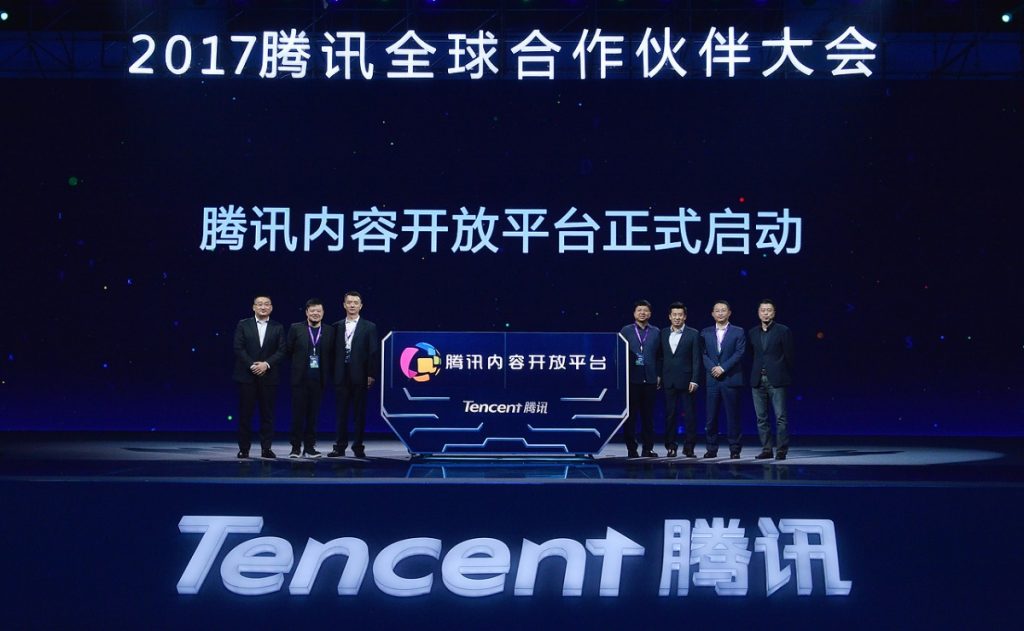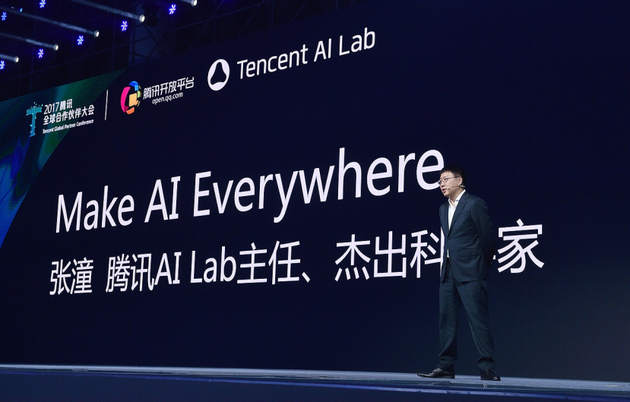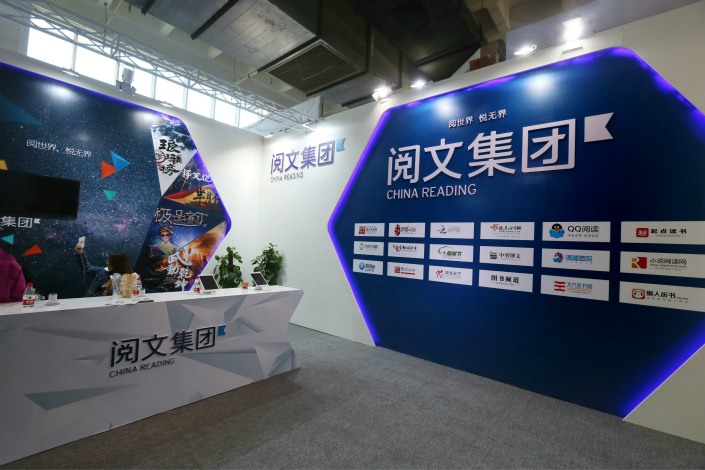
2017 Tencent Global Partners Conference
Tencent announced its ambition to transition from being a tech company to a “new tech + big content” company at the seventh annual Tencent Global Partners Conference held in Chengdu this week. Traffic, resources and commercialization support will all be provided for content creators in greater quantities to fuel the transition and protect the resulting copyright.
The headline message at the conference was the “3 x 10 billion” support for driving the transition to content. Sounding more like a Chinese political campaign, it is actually designed to make content production easier, allowing creators to make more diverse content for more channels which will then be made available on a revenue-sharing basis with Tencent taking a cut of profits. To protect these revenues, and those going to creators, more will be done to protect the content’s copyright.
After subsequent clarification with Tencent staff, the three elements are as follows. (It’s also worth bearing in mind that, in Chinese, numbers such as a hundred and ten thousand can be used to mean “a lot”.)
10 billion traffic: traffic is the life source for Tencent’s partners. Tencent can turn it on and off, allowing entrepreneurs to access vast numbers of potential users. After clarification from Tencent staff, we learnt that the 10 billion figure itself is a vague representation of the amount of traffic generated per day across Tencent’s various channels such as WeChat, QQ, QQSpace.

Zhang Tong, the Director of Tencent AI Lab
10 billion industry resources: this is an RMB amount ($1.5 billion) and not all strictly an investment but the making available on demand resources up to this value. This includes tech services such as AI, APIs, cloud computing and storage available on demand. Plus WeStart incubators (already 32 across China) and the building of studios and adding content-making equipment to incubators. Tencent’s Qingteng University for entrepreneurs is in this category.
10 billion commercialization and revenue sharing: another RMB amount, this time of money available for commercializing the content provided, against Tencent revenues. Tencent will take a cut of revenues that come from the sale of content generated through the platform. Further efforts will be made in enforcing copyright through IP化 (IP-ification).
–This article originally appeared on TechNode.







